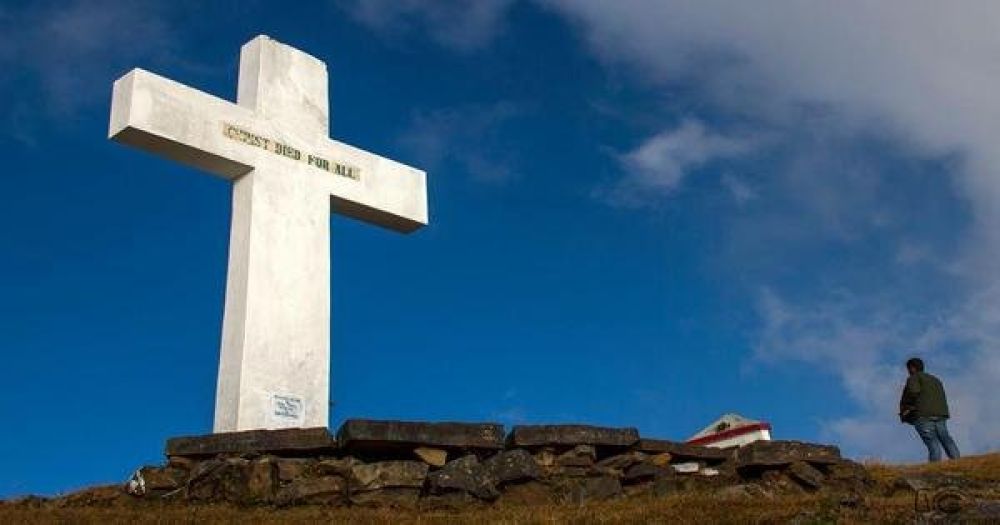

Nestled in the rugged terrains of Nagaland, Pulie Badze is a scenic hill located near Kohima, the capital city of Nagaland, India. This beautiful locale is gaining popularity among tourists for its breathtaking views, rich biodiversity, and the trekking opportunities it provides. The hill is part of the Pulie Badze Wildlife Sanctuary, a haven for nature lovers and adventure enthusiasts.
Historically, Nagaland and its serene landscapes have always been a gem hidden from the outside world, primarily due to its geographical isolation and sociopolitical conditions. It wasn't until the latter part of the 20th century that Nagaland began opening up as a tourist destination. With the inception of statehood in 1963, Nagaland started receiving attention for its unique cultural heritage and natural beauty.
Pulie Badze itself has been a significant place for the local communities, particularly the Angami tribe, which reveres it. The area is associated with several local myths and legends, forming an integral part of the indigenous culture. However, the promotion of Pulie Badze as a tourist destination is a relatively new development. It is an offbeat path that has been recently recognized for its potential to attract nature enthusiasts from all over the globe.
Efforts to boost tourism in Pulie Badze have included infrastructure improvements, like the construction of better roads and the provision of amenities for trekkers and visitors. The Government of Nagaland, along with various local organizations, have been involved in the development and conservation of the area, ensuring that tourism grows in a sustainable manner.
In recent years, there has been a noticeable shift in tourism trends towards eco-friendly and community-based tourism. Pulie Badze's appeal lies in its pristine natural environment and cultural significance, making it an ideal spot for:
The future of tourism in Pulie Badze appears promising, with sustainable tourism practices being emphasized. The conservation of its unique flora and fauna, along with cultural preservation, is likely to play a central role in the development of tourism in this Naga paradise.
Pulie Badze stands as a testament to the beauty of Nagaland. Its development as a tourist destination enhances Kohima's appeal and contributes to the overall tapestry of India's diverse travel offerings. Pulie Badze represents a growing segment of tourism that values authenticity, ecological preservation, and cultural richness, embodying the essence of exploring the unexplored.